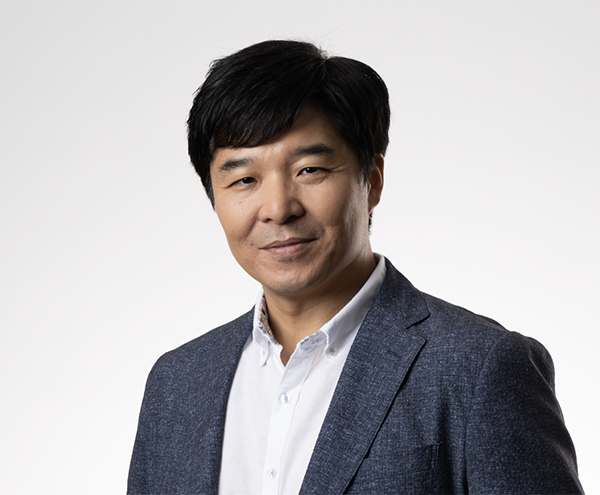The following post and podcast are for informational purposes only, and are not intended as medical advice. Please contact a healthcare professional with any medical questions.

What’s your all-time favorite song? Is there a piece of music that takes you back to a different time and place? And is there a band whose latest release you’d never miss?
Podcast: Play in new window | Download
Subscribe: RSS
And, could all of the above have a beneficial effect on your brain? Particularly in the areas of speech and language?
Cognitive neuroscientist (and musician!) Dr. Yune Lee and his team are researching that question.
Among the areas they’re exploring: the connection between rhythm and language, how music may help patients with Parkinson’s disease, and the possibility that Alzheimer’s patients may benefit from music therapy.
Dr. Lee is both an assistant professor at the University of Texas at Dallas’ School of Behavioral and Brain Sciences, and the Director of the university’s Speech, Language and Music Lab (SLAM Lab for short). He’s also a researcher and speaker at The Center for BrainHealth, where he recently shared some of his research findings in his talk entitled “The BMW Story: The Brain, Music and Well-Being”.
Currently, Dr. Lee and his team have six ongoing research projects listed on the SLAM Lab’s webpage–including one which focuses on rhythm-based language improvement. He and his team are also working on the Speech Hero app, which is a home-therapy app for aphasia patients
Among the numerous grants Dr. Lee has received for his research is one from the National Institute of Health’s Sound Health Initiative, in which Dr. Lee became one of the first grant recipients in 2019.
Dr. Lee talked about his creative journey, discussed some of his findings on the ways music may affect our brains, and previewed what’s next.
On this edition of Over Coffee® we cover:
- How Dr. Lee first realized the effect music can have, on our minds and bodies;
- The common areas of music and language that can give some insights into the development of speech;
- The shared connection between rhythm and language skills;
- A closer look at the Speech Hero app;
- The story of a patient who regained her speech capabilities through rhythm therapy;
- The implications of the connection between music and language, in improving memory and reducing anxiety;
- What’s next!;
- Some of the research findings that Dr. Lee found most inspiring in his work.
